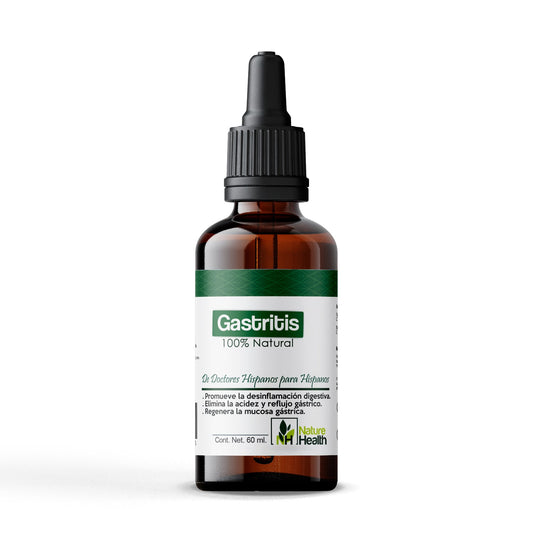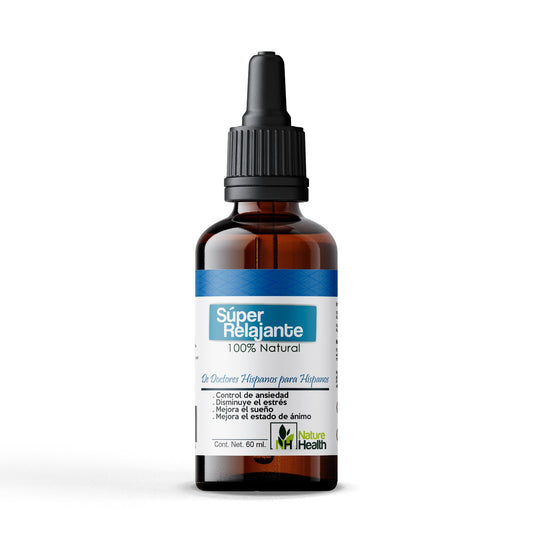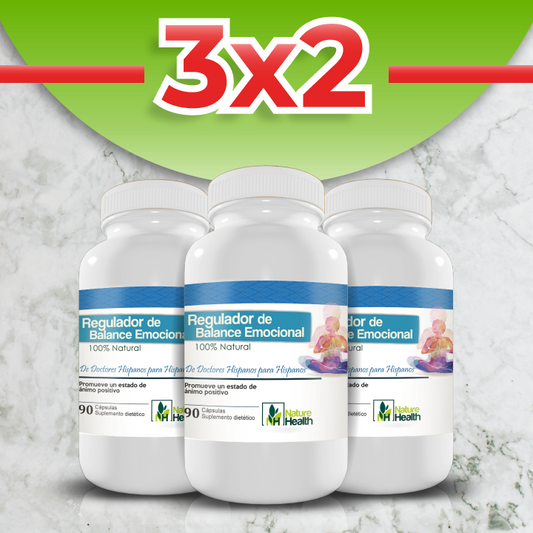Have you ever felt that annoying headache that just won't go away? It turns out the cause might be in an unexpected place: your stomach. Yes, you read that right. Acid reflux doesn't just give you heartburn, it can also manifest itself through headaches.
What is Reflux?
Reflux, also known as gastroesophageal reflux disease (GERD), is when stomach acid backs up into the esophagus, causing a burning or painful sensation known as heartburn. But here's the interesting part: The acid doesn't always stay in the stomach. Sometimes, it slides back up into the throat, irritating tissues and causing symptoms ranging from coughing to earache. And yes, it can trigger headaches, too.
Why Reflux Can Cause Headaches?
The connection between reflux and headaches isn't entirely clear, but there are a few theories. It's thought that stomach acid irritates nerves in the esophagus, triggering a response in the nervous system that can lead to headaches. Additionally, the inflammation caused by reflux might trigger the release of chemicals in the brain that contribute to headaches.
Additional Symptoms of Reflux
In addition to headaches, reflux can present with a variety of symptoms, including:
- Heartburn: A burning sensation in the chest or throat that may get worse after eating, lying down, or bending over.
- Regurgitation: The sensation of stomach acid or food coming back up into the throat.
- Chest pain: This may feel like a pain in the center of the chest, often after eating.
- Difficulty swallowing: Feeling like food is stuck in your throat or having the sensation of having a lump in your throat.
- Hoarseness or chronic cough: These may be signs that stomach acid is irritating your throat.
Treatments for reflux
Treatment for reflux usually involves lifestyle changes as well as the use of medications to control symptoms. Some measures that may help relieve symptoms include:
- Dietary changes: Avoid foods and drinks that can trigger reflux, such as spicy, greasy or acidic foods, as well as alcohol and caffeine.
- Smaller, more frequent meals: Instead of three large meals a day, choose to eat smaller meals more frequently to reduce pressure on the esophageal sphincter.
- Elevate the head of the bed: Sleeping with your head elevated can help prevent reflux at night.
- Medications: Over-the-counter and prescription medications, such as antacids, proton pump inhibitors, and H2 receptor blockers, can help reduce stomach acid production and relieve symptoms.
Natural Supplements for Acid Reflux and Heartburn
For those looking for a more natural approach to managing acid reflux and heartburn, there are supplements that can help. Our capsules and drops are made with carefully selected natural ingredients designed to gently and effectively relieve the symptoms of gastritis and reflux. With a combination of herbal extracts and other beneficial nutrients, our supplements can help you find relief without the side effects of conventional medications.
Natural ingredients like tepezcohuite, arnica, cancerina, and others have been shown to have properties that can help reduce inflammation, soothe the GI tract, and relieve symptoms of reflux and heartburn. Plus, our unique formula includes probiotics (in our Complex Probiotic capsules) to promote a healthy balance of bacteria in the gut, which can be beneficial for overall digestive health.
Don't let acid reflux get the better of you! Try our natural supplements and start feeling better today.







